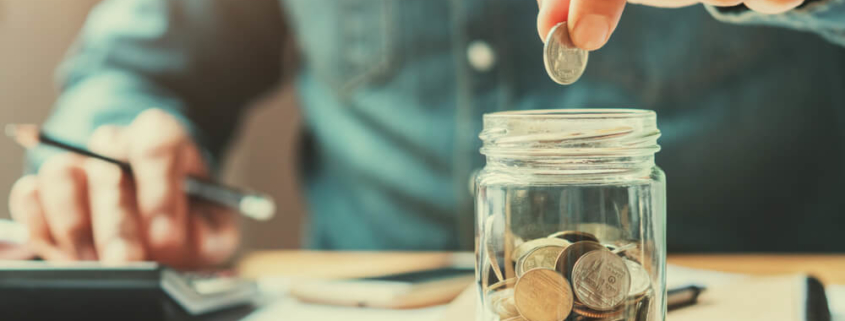What Happens if My Income goes Down or My Expenses go Up during my Chapter 13?
Bankruptcy. It is sometimes a necessary option when an individual accrues too much consumer or business debt without enough income to pay it off. Sometimes it is due to a life event. Maybe you experienced a physical ailment, an accident, high medical bills, college loan debt, repayment of a government obligation – it all becomes too much to deal with and you can’t meet your obligations under your current salary.
Chapter 7 bankruptcy is available to individuals, partnerships or corporations. The debt is discharged in the majority of cases with a few exceptions. Some of your assets may be liquidated to pay off debt.
According to the U.S. Courts, debtors receive a discharge in more than 99% of Chapter 7 filings after qualifying under a “Means Test.”
These tests are thorough. Your financial records, present income/ debt ratio, expenses and future expenses are calculated along with income.
The “means” or average is calculated by determining your income for the six months prior and comparing it to the average monthly income in your county. If you fall below the median income, you should be able to file for Chapter 7.
Chapter 13 Bankruptcy
If you don’t qualify for Chapter 7 (e.g., you make too much money or you want to pay off your debt rather than discharge it), you may qualify for Chapter 13 bankruptcy. Chapter 13 bankruptcy is for wage earners who are able to repay all or part of their debt in three to five years.
This allows you to keep your assets and stop foreclosure proceedings but consolidate debt and make reasonable payments to a trustee who distributes payments to creditors. Some unsecured debt such as credit cards may be dismissed or the debt reduced.
An experienced bankruptcy attorney will let you know what debts are not dischargeable such as child and spousal support, a lien on a property, luxury purchases before filing, government debts and fines, and auto accident claims involving drunk driving.
Changes in Income After Chapter 13
Even with a bankruptcy, you still need maintain some lifestyle. Bills come in, electricity, rent, a mortgage and car payment, insurance, all must be paid and on time.
But sometimes life happens. You may lose a job, are reduced from a full-time to part-time position, or face a large unanticipated medical expense. These events were not anticipated when you created your payment plan.
It may be time to make an adjustment to your Chapter 13 repayment plan. When this is the case, you have some options.
The court may convert your Chapter 13 bankruptcy to a Chapter 7 and require liquidation of some assets under the U.S. Bankruptcy Code.
The debtor may request the court grant a “hardship discharge” to address the events that are out of your control. Some debts that are not dischargeable, such as taxes and spousal support still must be paid.
Your attorney may opt to request the court to temporarily suspend your payment obligations provided your circumstance is likely to change in the short-term, for example 90 days. After that time period, you would be expected to resume your payment plan.
Lastly, we may help you modify the payment plan to lower your payments over time. A motion will be filed and served on the bankruptcy trustee and all of your creditors, and a hearing date will be set.
Certain debt cannot be adjusted such as child and spousal support and tax obligations.
But if at that time, you fall behind again on your mortgage payment, for example, your experienced legal representative may file a motion to prevent the mortgage company from asking the court to begin foreclosing your home.
During this stressful time, it is essential that you have representation to preserve whatever assets you can such as your home. This is a time when you absolutely need to consult with an experienced bankruptcy lawyer so you can retain as many of your assets as possible. Take the first step by contacting a bankruptcy attorney in your area for a free, no obligation consultation.
Sources:
U.S. Bankruptcy Code
https://www.uscourts.gov/services-forms/bankruptcy/bankruptcy-basics/chapter-7-bankruptcy-basics
NOLO Press on Bankruptcy
https://www.nolo.com/legal-encyclopedia/debt-discharged-chapter-7-bankruptcy.html
The Bankruptcy Site
https://www.thebankruptcysite.org/resources/i-cant-afford-my-current-chapter-13-plan-payment-can-i-re
Chapter 13 Bankruptcy Basics
https://www.uscourts.gov/services-forms/bankruptcy/bankruptcy-basics/chapter-13-bankruptcy-basics




Leave a Reply
Want to join the discussion?Feel free to contribute!